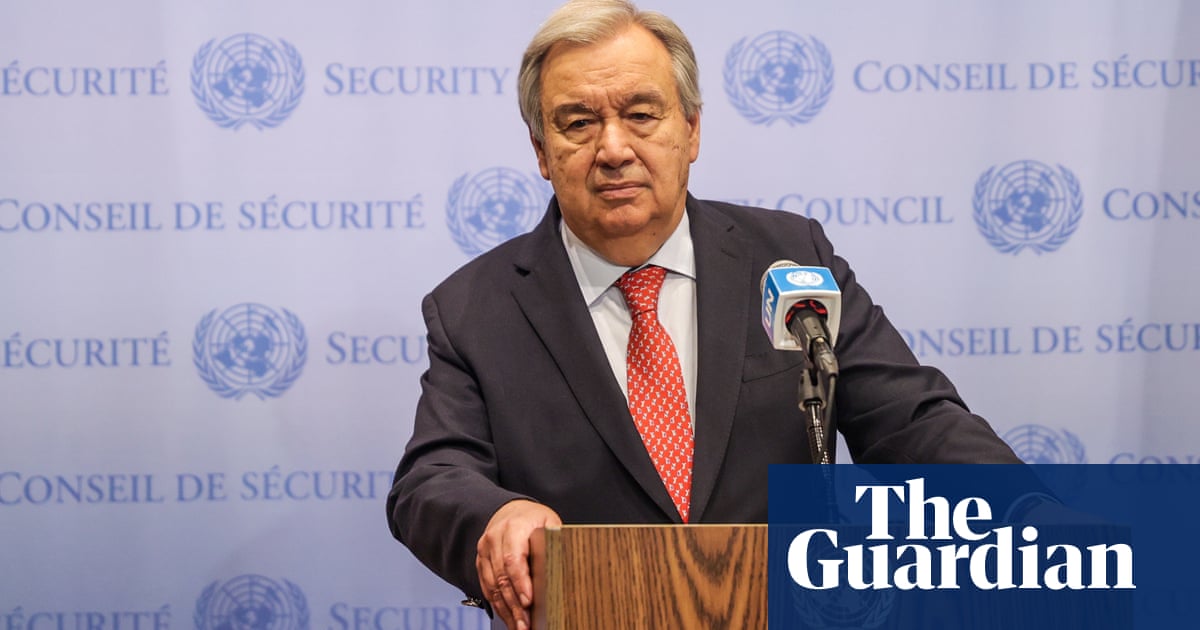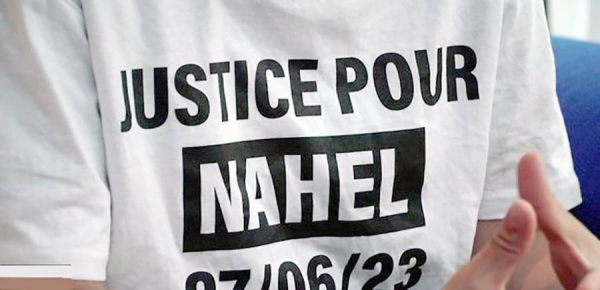
Human Rights Watch joined yesterday the voices denouncing the tough security measures adopted by the outgoing government of Prime Minister Haider al-Abadi against protesters objecting the poor conditions and services in the central and southern governorates of Iraq.
This comes amidst US support for the protestors and a lawsuit filed by an Iraqi lawyer against Abadi and his governments communications minister Hassan al-Rashed for their insistence on continuing to cut off Internet service for Iraqi citizens.
During a series of protests from July 8 to 17, 2018, Iraq’s security forces fired on and beat protesters in Basra governorate, HRW said on Tuesday. The largely Interior Ministry forces used apparent excessive and unnecessary lethal force against protests over water, jobs, and electrical power that at times turned violent. At least three demonstrators were killed and at least 47 wounded, including two children who were shot and one who was beaten with rifle butts.
Human Rights Watch investigated eight protests, in six of which security forces allegedly fired live ammunition, wounding at least seven protesters. They also threw rocks and beat at least 47 people, including 29 during or after arrest. Witnesses said that in five protests, demonstrators threw rocks, gasoline bombs, and burning tires at the security forces. Since July 14, authorities have severely limited internet access across much of central and southern Iraq.
“The Iraqi authorities need to credibly and impartially investigate the apparent excessive use of lethal force in Basra, even where protests turned violent,” said Sarah Leah Whitson, Middle East director at Human Rights Watch. “So long as the government fails to address protester grievances, the danger of further bloody protests remains real.”
Human Rights Watch interviewed 13 people on July 18 and 19 who said they participated in the Basra protests, including three activists, four relatives of two seriously injured protesters, three journalists, and Jabar al-Saidi, the security committee chief of the Basra Provincial Council.
Protesters said they had three main demands. They want improved access to desalinated water since Basra’s potable water is heavily salinized during the summer and getting worse each year; they want the government to address Basra’s high rate of unemployment in the oil and other industries; and they want increased access to electricity particularly during the hot summer months.
The protesters acknowledged commitments that Abadi and other authorities made on July 14 and 17 to allocate funds for desalination, improve access to electricity and health care, and create thousands of new jobs, but said they would only stop protesting once effective action was taken.
In its report, the organization also condemned the assassination of lawyer Jabbar Mohammed Karam al-Bahadli, who was petitioning for the release of those detained in the protests, on July 23, 2018, in Basra City in a drive-by attack.
Bahadli is one of a group of lawyers stand to defend protestors accused of committing acts of violence and breach of security during anti-government demonstrations recently.
Furthermore, the report indicated that, since July 14, Iraqi authorities have blocked access to the internet in much of central and southern Iraq, including to social media and messaging apps such as WhatsApp and Facebook. International human rights law protects the right of people to freely seek, receive, and provide information through all media, including the internet. Security-related restrictions must be law-based and a necessary and proportionate response to a specific security concern.
“Blocking internet access to people in southern Iraq not only denies them their right to exchange information, but can put people in danger,” Whitson said. “The authorities should urgently lift all internet restrictions except where specific security concerns require such a response.”











